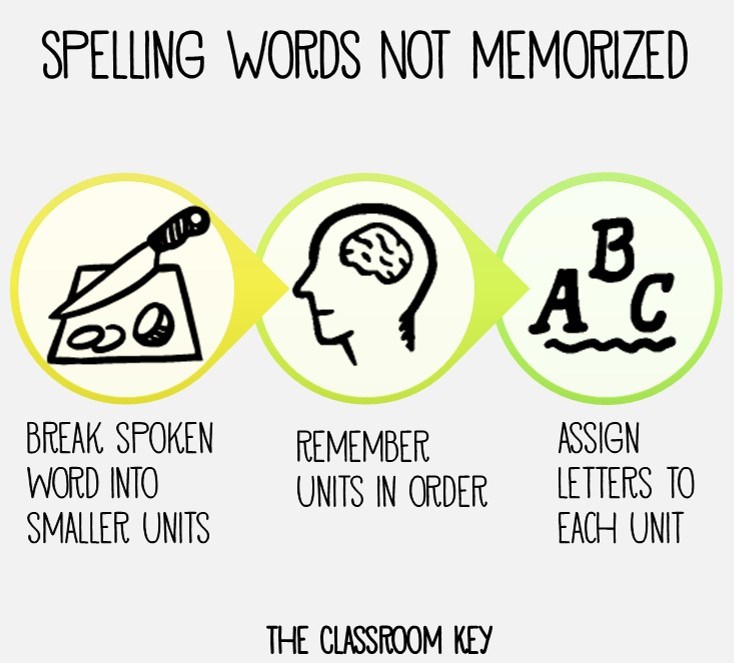Know Your Scholarship Committee
Saturday, October 22, 2022 by Catherine Gilliland | Scholarship Essays
Does your student know the audience for whom they write when constructing a scholarship application essay?
Scholarship committees seek specific evidence of who the student is on a deeper level. Judges ask, "Will this candidate provide an excellent return on the financial investment of our organization?" Clearly, all essay and application content is evaluated so that an estimation can be created of a candidate's success at their chosen institution and in life. In other words, those evaluating these essays look for confirmation of personal development, highlighted accomplishments, and evidence of the applicant's moral principle, integrity, ambition, and exemplary standards.
Students must present themselves so they stand out as unique in all the appropriate ways. Judges remember students who capture their attention! Highlight self by intentionally selecting topics and achievements to share that are uncommon. Choose to highlight lessons learned and skills developed that are less obvious and require more thought. Pick impacts that are noteworthy. The applications shared from personal experiences to other parts of one's life should demonstrate a depth of insight that causes the judges to take note.
As the student writes, they must remember the committees are looking for examples rather than direct statements! Students must draw their audience into their personal story, keeping them captivated by reflecting who they truly are. The accomplishments, projects, awards, and volunteerism that makes the student most proud of themself can be used as a strong base for expressing a written picture of their life. Alternatively, a student may choose to use the story of how they overcame hardship as the foundation for their text. To the foundation of the story, encourage your student to weave in evidence of intentional personal growth, their aspirations, how their own character and soft skills stand out from others, substantiation of their optimistic attitude, and examples of personal initiatives taken.
Students writing academic essays have honed that art for years by the time they are ready to graduate from high school. The type of writing required by scholarship committees is much less practiced, therefore students submitting these high stakes written pieces often benefit from specific instruction, personal guidance, and instructional feedback from a writing coach over a period of time. Begin the process early, even as early as midway through their high school years.
When to Apply for Scholarships
Tuesday, October 18, 2022 by Catherine Gilliland | Scholarship Essays
When should your student begin applying for scholarships?
One of the best kept secrets is that even in the 9th or 10th grade, students can apply for some scholarships and enter academic contests for others!
Tip: Consider incorporating challenging contests and competitions that compliment your student's interests and aptitudes into your family's education vision!
Check out the links below:
https://www.amazonfutureengineer.com/scholarships
https://www.amazonfutureengineer.com/scholarships
https://blog.collegevine.com/11-academic-competitions-to-boost-your-high-school-profile/
https://donotpay.com/learn/scholarships-for-8th-grade/
https://scholarships360.org/scholarships/top-scholarships-for-high-school-freshman/
https://www.cappex.com/scholarships/high-school-freshmen
https://www.weareteachers.com/student-contests-competitions/
Understanding the Scholarship Essay
Monday, October 17, 2022 by Catherine Gilliland | Scholarship Essays
Is your student prepared to write scholarship essays?
Students in high school should already be familiar with the construction of a formal academic composition. Award-winning scholarship application essays, however, are not the same as a typical composition submitted for a grade in school. Knowing the similarities and differences will enable a student to construct essays worthy of receiving the awards they seek.
True, there are likenesses in typical academic writing and scholarship application essays. Both must demonstrate that you follow directions, clearly organize content, and pay attention to all the details. All types of writing must also identify and write to a specific audience, be structured appropriately, include appropriate style, proper mechanics, thorough editing, and careful revision
When planning and constructing an essay to submit with a scholarship application, keep in mind that although the composition is structured, the requirement to follow a precise five-paragraph format is usually non-existent. Even the thesis is "unofficial", instead, being implied by the content of the text. This essay is about the student, their personal experiences, uniqueness, and aspirations. It reveals, often in story form, how these traits have shaped their lives and influenced the lives of those around them. Carefully crafted into the text, the student must demonstrate they will provide an excellent return to the investment of the scholarship organization along with value and success to the institution to which they are applying. Since the essay is very personal, its vibe will be a little less formal, and it will include first person pronouns, a definite "no-no" in more formal academic essays.
Students writing academic essays have honed that art for years by the time they are ready to graduate from high school. The type of writing required by scholarship committees is much less practiced, therefore students submitting these high stakes written pieces often benefit from specific instruction, personal guidance, and instructional feedback from a writing coach over a period of time. Begin the process early, even as early as midway through their high school years.
Spelling Words NOT Memorized
Saturday, October 8, 2022 by Catherine Gilliland | Spelling

For students in the Phonetic and Transitional stages of spelling development (see my blog post from Sept. 26, 2022), there are a variety of strategies to practice the spelling words on an assigned list. While writing the words is extremely important, embracing a variety of practice methods engages the student's interest and expands their personal experiences with the word. Doing so with an enthusiastic attitude even further strengthens skill development. Try a few of these approaches with your child.
♥ J. Richard Gentry PhD, author, researcher, and literacy expert, encourages teachers to use A Five-Step Science-Based Spelling Pretest (For All Grades). Following these five steps not only improves spelling but contributes to a student's ability to become a fluent reader. On the Monday pretest, take the student through these five steps with each word: Hear It, Say It, Write It, Read It (and Self-Correct), Use It.
♥ Ask the student to identify any spelling patterns in their words that will help them to remember the spellings. Is there one consonant or vowel which is replaced with another to form a new word? For example, in the word CATCH the C can be replaced with the letters B, L, H, and others, creating completely new words with the same spelling pattern. In the word RAT, the A can be replaced with an O and U, forming new words with the same beginning and ending consonants. As patterns are identified, reinforce the associated spelling rules with the child. Include the various spelling rules and generalizations being used in their practice.
♥ A variation on the above is to write a consistent pattern in the words in one color while using a different color for the other letters.
♥ Play with the recitation of spelling rules and generalization with your child. Take turns reading or reciting the words or phrases of the rules. Play "20 Questions" or "I'm Thinking Of…" to guess which rule or generalization is being held in the mind. Playing games like this is great for highlighting the nuances contained in similar generalizations. Create and play a form of Pictionary with spelling rules and generalizations that need to be learned or reviewed.
♥ Ask the student to spell their spelling words orally, with letter tiles, pretzels, marshmallows and toothpicks, letters cut from a magazine, or other "tools" to stimulate their kinesthetic learning. If you use tiles, consider creating mini crosswords (as in the games Scrabble or Bananagrams).
♥ Use the computer keyboard to spell words over and over. Not only does the child reinforce spelling patterns, but they are also building muscle memory for the keyboard.
♥ Draw with sidewalk chalk the letters contained in the spelling words. Give the child a word to spell and let them hop from letter to letter to "spell" their word. Alternately, write one the letters on sheets of paper and spread them on the floor. Alternately, allow students to form the letters with their bodies as they say the letter names. Both methods slow down the spelling process and strengthen working memory, visual memory, gets the blood flowing to their brain through movement, and helps release some wiggles.
♥ Allow the child to use a whiteboard to spell their words. The slippery contact between the pen and board often makes the formation of letters easier for students. Added benefits include how easily mistakes can be wiped away and that exciting colors can be used.
♥ Sometimes words are simply "spelling demons". Using mnemonics to remember spellings is a great strategy for scaffolding students struggling with these words. For example, a PRINCIPAL is my PAL at school, while a PRINCIPLE is not. Even an anecdote for spelling a word as an acrostic can be helpful. For example, GEOGRAPHY can be remembered using George Edwards Old Grandpa Roasted A Pig Yesterday. Let the child create his own story to remind him of a tough word's correct spelling.
♥ Expose your child to their spelling words more than simply during spelling practice. "Hide" them around the house and let the child "seek" for them. Leave the list in a prominent location. Identify the words in books read aloud to your student.
♥ Play Hangman with current words. Include review spelling words to spice the game up a bit and include valuable review!
♥ Have fun practicing with your child in these fun and creative ways. Encourage, laugh, and celebrate. Embrace an attitude of delight in spelling. Model it for your student. Who knows, maybe they will learn to like spelling and you will strengthen your own spelling skills in the process.


